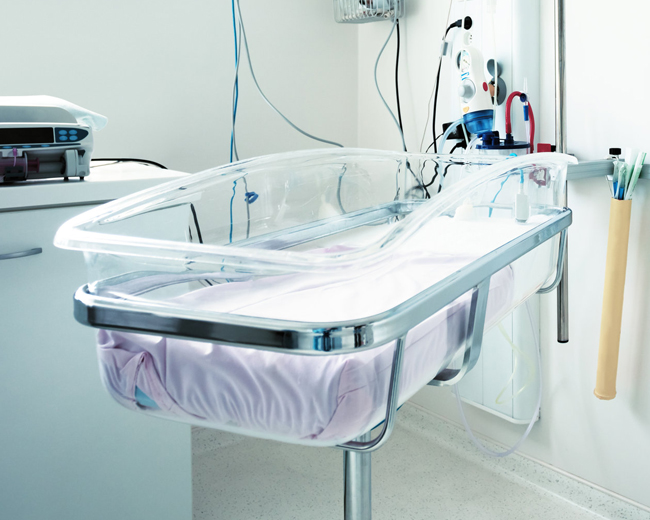What to expect when your baby is premature
As a new mom or dad, you may be understandably stressed if your baby is born premature. Here’s what you need to know.
In South Africa, around one in seven babies is born premature, according to researchers at the University of the Free State.
Depending on how early they are born, these babies could weigh considerably less than the average full-term baby, have paper-thin skin and sharper features, and be covered in fine hair. They may also cry only softly or not at all, have breathing or other difficulties, and be placed in an incubator in the neonatal intensive care unit (NICU) to stay warm.
Seeing your baby in this state can be incredibly stressful for parents, says Tasmin Bota, founder and executive director of support group Preemie Connect, and who gave birth to a preterm baby herself.
“Everything about a premature birth is traumatic," says Bota. "Your pregnancy ending before its time, your birth plan going out the door, seeing your tiny baby connected to machines – it’s an isolating journey because most people don’t understand this. The first thing parents need to do is recognise these emotions and acknowledge them. Get help, whether from a therapist, support group, family member, friend or even the nursing staff. Practise breathing exercises when you feel overwhelmed. Step away from the situation, even if only for a few minutes, to regroup when you need to.”
You may feel helpless, she says, so try to focus on what you can do instead of what you can’t. “Bond with your baby as much as possible. Just the sound of a parent’s voice is enough to calm a baby, even while in an incubator. So talk to your baby, sing, or read. Also hold their hand. Research is showing just how important continuous skin-to-skin contact is and that it should be implemented when a baby is born, instead of waiting for baby to be stable. Become the primary caregiver for your baby as soon as possible, even in hospital. Ask the nurses if you can change the nappy or feed your baby. This will also prepare you for life after the NICU and make the transition easier.”
Prematurity does not end when you take your baby home, she adds. “In fact, I found that the reality really set in when we got home. In NICU, you’re running on adrenaline, too scared to think about the future. At home, the emotions catch up with you. The next year or two will be filled with doctor's appointments. Join a support group with people who’ve been there to help you through this time, which few outsiders understand.”
Having support throughout this journey will help you be strong for your baby, your family, and, most importantly, yourself.
IMAGE CREDIT: 123rf.com



